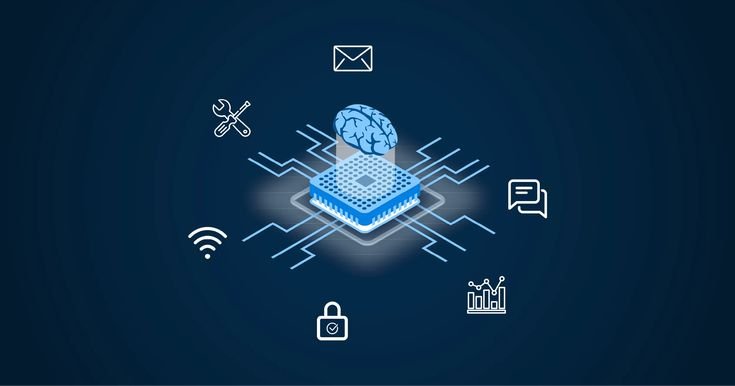Embedded systems, the unsung heroes behind many of today’s technological advancements, are experiencing a surge in innovation and application. As they become more sophisticated and ubiquitous, embedded systems are transforming industries and enhancing everyday life. This blog delves into the latest trends in embedded systems, their applications, and the future trajectory of this pivotal technology.
What Are Embedded Systems?
An embedded system is a dedicated computer system designed for a specific function or set of functions within a larger system. Unlike general-purpose computers, embedded systems are optimized for particular tasks, often operating in real-time environments. They can be found in a vast array of devices, from household appliances and automobiles to medical equipment and industrial machines.
Key Trends in Embedded Systems
- IoT IntegrationThe Internet of Things (IoT) is one of the primary drivers of embedded system innovation. As devices become more interconnected, embedded systems are crucial for enabling communication and control. These systems manage sensor data, execute real-time processing, and ensure seamless connectivity, making IoT applications more efficient and reliable.
- Edge ComputingWith the rise of edge computing, embedded systems are taking on more significant roles. Processing data at the edge—closer to where it is generated—reduces latency and bandwidth usage. Embedded systems equipped with advanced processing capabilities are essential for applications requiring real-time decision-making, such as autonomous vehicles, industrial automation, and smart cities.
- Artificial Intelligence and Machine LearningEmbedding AI and ML capabilities into devices is a growing trend. Embedded systems now often include AI accelerators and ML models to handle complex tasks like image recognition, natural language processing, and predictive maintenance. This trend is enabling smarter, more autonomous devices across various sectors.
- Low Power ConsumptionEnergy efficiency is a critical consideration for embedded systems, particularly in battery-powered devices. Advances in low-power microcontrollers and power management techniques are extending the battery life of IoT devices, wearable technology, and remote sensors, making them more practical and sustainable.
- Enhanced SecurityAs embedded systems become more prevalent, the need for robust security measures intensifies. Protecting these systems from cyber threats is paramount, leading to the development of advanced encryption, secure boot processes, and hardware-based security features. Ensuring the integrity and confidentiality of data is essential in applications like healthcare, automotive, and industrial control systems.
Applications of Embedded Systems
- Automotive IndustryModern vehicles are heavily reliant on embedded systems for various functions, including engine control, infotainment, and advanced driver-assistance systems (ADAS). These systems enhance vehicle performance, safety, and user experience, paving the way for fully autonomous driving.
- HealthcareIn healthcare, embedded systems are at the heart of medical devices such as pacemakers, diagnostic equipment, and wearable health monitors. These systems enable precise control, real-time data monitoring, and remote patient management, improving healthcare outcomes and efficiency.
- Consumer ElectronicsFrom smartphones and smart TVs to home automation devices, embedded systems are integral to consumer electronics. They manage device operations, enable connectivity, and provide user interfaces, driving innovation and enhancing user experiences.
- Industrial AutomationEmbedded systems play a crucial role in industrial automation, controlling machinery, monitoring processes, and ensuring safety. They enable predictive maintenance, optimize production lines, and support the implementation of Industry 4.0 initiatives.
- Aerospace and DefenseIn aerospace and defense, embedded systems are used in navigation, communication, and weapon control systems. Their reliability, precision, and real-time capabilities are critical for mission success and safety.
The Future of Embedded Systems
The future of embedded systems is bright, with continuous advancements poised to drive further innovation. Emerging technologies such as quantum computing, 5G connectivity, and advanced AI will further enhance the capabilities and applications of embedded systems. As these systems become more intelligent, efficient, and secure, they will continue to play a pivotal role in shaping the technological landscape.
Conclusion
Embedded systems are at the core of modern technology, driving innovation across industries and enhancing our daily lives. The integration of IoT, edge computing, AI, and other advancements is propelling these systems into new realms of capability and application. As we look to the future, the evolution of embedded systems promises to bring even more groundbreaking changes, cementing their place as fundamental components of the digital age.





